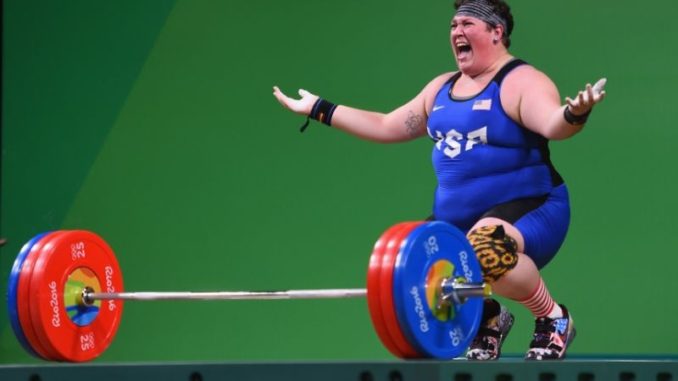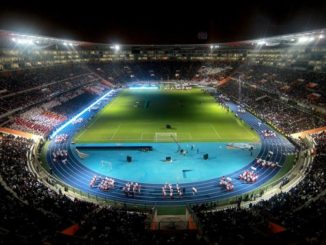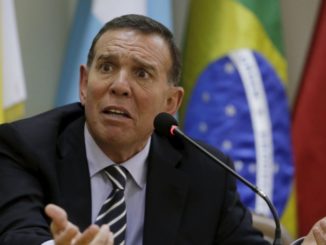
LAUSANNE, Switzerland – In support of International Women’s Day and the call to action to #PressforProgress, the International Olympic Committee (IOC) is launched Thursday an overview of 25 key recommendations from its Gender Equality Review Project, which focus on changing the conversation about women in sport holistically – from participation to representation and decision-making.
Covering five key areas – sport, portrayal, funding, governance and human resources – the 25 recommendations not only create an actionable roadmap to work with all of the IOC’s partners and affiliates around the world to advance gender equality within the Olympic Movement and the global sports community, but also reflect the efforts already underway by the IOC, National Olympic Committees (NOCs) and International Federations (IFs) to promote greater participation, decision-making and leadership by women across all aspects of sport – to reflect and drive lasting change.
“We are certain that, through the implementation of the 25 IOC Gender Equality Recommendations, we as the Olympic Movement – athletes, officials, commissions, federations and executives – can take real steps to enact effective change together,” said IOC President Thomas Bach. “It is not just the right thing to do. It is in the interest of us all – the fans, the families, and every girl and woman who has been able to fully realise her dreams through athletic participation. As the leader of the Olympic Movement, the IOC has an important responsibility to take action when it comes to gender equality – a basic human right of profound importance and a fundamental principle of the Olympic Charter.”
See the overview of the 25 recommendations.
The release of the 25 recommendations today not only underscores the ongoing commitment of the IOC to achieving gender equality in all aspects of sport, but also ties into the International Women’s Day call to action to #PressforProgress on gender parity. A more detailed report will be released later in the month.
These recommendations are just the beginning of the IOC’s work towards promoting gender equality in the sports world and beyond. While women’s participation in sport is growing, with the ratio of female athletes competing in the Olympic Winter Games PyeongChang 2018 at 42 per cent being a record for the Winter Games, and, for the first time ever, equal numbers of women’s and men’s events on the last day of the Games, there is still much to be done to create lasting change in competition.
Change also goes beyond participation. The 25 recommendations are shaping the narrative about women in sport from the inside out. In addition to providing more support for all aspects of the Games – including coaches and officials, the IOC is strongly recommending that organisations such as NOCs and IFs provide funding (including evening out prize money disparities) to promote gender equality and reflect diversity in gender within their management and membership. Without diversity in leadership, there cannot be diversity and support in policy.
Chile ranked 32nd on the list of Best Countries for Women Working Abroad
As one example of spotlighting its efforts to implement the 25 recommendations, the IOC will co-host a panel discussion with UN Women, Procter & Gamble, NBC and UNESCO on the margins of the 62nd Session of the Commission on the Status of Women in New York on 14 March. The event will focus on one of the five key themes of the recommendations – the portrayal of female athletes in the media and its implications for participation – and will feature perspectives from, among others, Olympic medallists Donna de Varona and Maia Shibutani. The discussion will be moderated by NBC Sports anchor Andrea Joyce.
In addition, the IOC has launched the 2018 edition of the IOC Women in and Sport Awards, which are given every year to women, men or organisations who have made remarkable contributions to the development, encouragement and reinforcement of women’s participation in sport. Applications close on 16 March.
Another initiative is the third edition of the IF Gender Equality in Leadership Forum on 28 March co-organised by IOC and the Association of Summer Olympic International Federations (ASOIF). The aim of this Forum is to give IF leaders a platform to discuss the findings of the IOC Gender Equality Review Project, share best practices and seek new solutions to bridge the gap. This dialogue will feed into a final more detailed Gender Equality Review Report to be published after the Forum.



